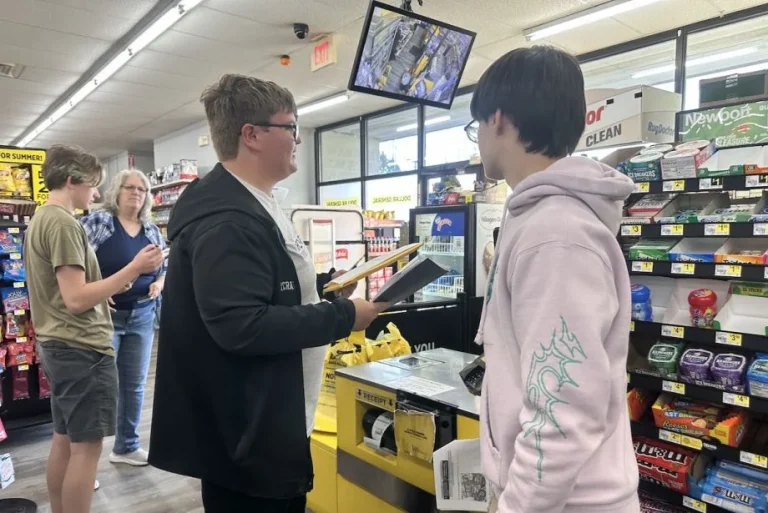Rural County Takes Notes From Iceland’s Drug Prevention Model
While serving a three-year prison sentence for meth trafficking, Matewood Gerald got the call that she’d soon be a grandmother.
Gerald started abusing drugs when she was just 13, and she says everyone in her small town of Irvine, Kentucky, has seen her at her worst. But she had to become the best version of herself for her granddaughter.
“I would lay there and think, is she gonna like me? Am I going to be perfect whenever I get out?” Gerald recalls.
Less than five years later, she is a peer support specialist with Mercy Health Marcum and Wallace Hospital in rural Irvine.















